Have you tried a cup of Earl Grey tea (Earl Grey) with the aroma of bergamot. Not that black tea alone is not flavorful enough, but the addition of oil extracted from the rind of sweet citrus that is what completes the unique symbiosis of fragrances in this type of tea.
Bergamot is not the most popular citrus fruit, but its many advantages such as taste, flavor and uses cause us to be interested in everything connected with bergamot. Bergamot (Citrus aurantium subsp. bergamia) is a small citrus fruit with a controversial background. Italians eagerly claim to be its homeland and is widely grown in plantations there. Other sources indicate the use of bergamot are shown even in ancient Egypt.
According to some sources, the small citrus appeared for the first time in the Italian region of Calabria in the 18th century, a major manufacturer of bergamot with 90% of the world’s supply grown there to this day. The deep roots that these bitter orange trees placed in the Italian region cause Bergamot to become their symbol, and a symbol of the city of Reggio Calabria.
It is believed that bergamot (Citrus aurantium bergamia - Rutaceae) was brought from the Canary Islands by Christopher Columbus. Today it is grown specifically for its oil in and around Calabria in southern Italy and Sicily. Smaller areas with trees are on the Ionian coast and in northern Africa, particularly in the Ivory Coast in Argentina and Brazil.
Another version connects the fruit with the name Bergamo - city in Italy, in Lombardy, where they first sold extracted oil. Bergamot essential oil is also widely used in perfumery, but in cooking for different types of sweets and some liqueurs too. The oil of bergamot with its balmy fragrance is considered the best essential oil obtained from citrus.
Itself the fruit is sour and fragrant, from its crust is extracted oil that is used to make Earl Grey tea. This tea was introduced to Europe for the first time in the nineteenth century by British diplomat Earl Grey, and a drink of that name is known to this day. The essence of bergamot is a key ingredient in many perfumes used in aromatherapy and confectionery, as already mentioned.

Today, more than 1, 600 hectares of land homes bergamot trees. It produces approximately 100 tons of essence. To obtain one kilogram bergamot essential oil are needed 200 kg of fruits. The trees are much smaller than other members of the Citrus family.
Recent research in the field of botany says bergamot is obtained by natural crosses between the species lime (Citrus limetta) and kind of bitter orange (Citrus aurantium origin - South Vietnam). Bergamot trees bloom in April and small yellow pear shaped fruits are harvested and from December to February. Because of their shape once called them pear, where obviously an etymology of the name of the Persian-Turkish - beg-armudi - "Bei pear" comes from.
Somewhat understandably, the largest importer of aromatic bergamot production is France. Land of Napoleon 's notorious perfume industry, and bergamot oil is used in the sixteenth century and is mentioned in many old manuscripts and books about herbs.
Composition of Bergamot
Bergamot and its fragrant oil is mainly used in aromatherapy for its antiseptic properties and many therapists’ studies show the performance it offers to lavender. The composition of bergamot includes more than 300 components, the main ones are: linalyl acetate (30-60%), linalol (11-22%) and other alcohols, terpenes, alkanes and furocoumarines (eg, bergapten, 0, 3-0, 39%).
Application of bergamot
The fruit of the bergamot is not edible and is made solely for the purpose of extracting oil, which is extracted from the peel of ripe bergamot fruits and is widely used in the perfume industry because of its sweet freshness.
Bergamot oil is widely used in the cosmetics industry to scent soaps, perfumes and aftershave lotions. It is interesting to know that even in minimum oil concentration can cause Hyperpigmentation of the skin because it contains bergapten and bergamotin. These two substances increase the ability of the skin to produce melanin.
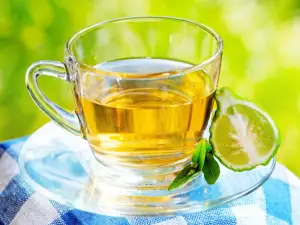
This automatically makes the bergamot oil too dangerous to be included in preparations for sun tan. For people with sensitive skin, it would be too risky. The essence of bergamot is used to create both the male and the female fragrances and perfumes present in most groups, mainly in the top notes.
Culinary use of bergamot
In culinary applications, bergamot is used as an additive in desserts, liqueurs, settings, meat, fish, vegetables, yoghurt dishes. You can use it for therapeutic aromatization of the nursery and bedroom.
Benefits of bergamot
Bergamot with its tangy flavor has a unique refreshing effect in combination with tea. But then this little basket of citrus hidden surprises beneficial for our health and beauty. Herbalists from around the world are adamant that bergamot has antispasmodics and soothing properties and helps in the treatment of digestive problems.
The oil from the rind of bergamot tree is notorious for using with massages. Some apply it to massage the stomach to improve appetite in children and adults after illness or just to stimulate the digestive process. Bergamot is a valuable antiseptic and coolant, making it very effective in all kinds of infections. In any stressful condition of the skin, do not hesitate to apply this oil.
Even drinking tea with the flavor of bergamot can act better on your health and mood. Its unique fragrance will make you more positive and communicative, will spur creative endeavors, and an additional plus is a possible raging erotic fantasy. When fighting colds, apply massage oil of bergamot - it heats while decreasing fever.
It can quickly eliminate inflammation of the throat. Bergamot is widely used in cosmetics because it successfully normalize the secretion of sweat glands for oily and combination skin, lightens skin and shrinks pores. Often used in dermatology for the treatment of fungal diseases.

Good advice is before an important exam or concentrations of aggravated need to think of massaging the forehead and back with a mixture of bergamot, lavender and grapefruit oils. If you have trouble waking up early, take a shower in the morning with bergamot soap. With bergamot oil, massage the neck and shoulders to successfully chase headaches and stress away.
Essential oil of bergamot combines well with other oils - lemon, grapefruit, rose. Especially the combination of soothing essential oils of geranium, which helps you sleep peacefully and deeply. Do not put more than three drops if you use the bathroom. They will have enough to feel rested and refreshed.
In summary, the health benefits of bergamot are related to general strengthening, hardening, increasing the efficiency of the immune action. Effective against colds by reducing temperature has detoxicating, cleansing action. Restores the body after an injury, illness or surgery. Bergamot is an effective remedy for tonsillitis, laryngitis, pharyngitis, chronic tonsillitis. Normalizes hemodynamics and stimulates microcirculation. Prolonged use is effective in arterial hypertension, vegetative-vascular dystonia, asthenia and hypotension.
Bergamot has angio- protective action - strengthens blood vessel walls, increasing their elasticity, relieves varicose veins and cuperosis. Optimizes the processes of digestion, removes the feeling of fullness after eating, flatulence, foul odor from the mouth. Prevents the accumulation of excess weight (obesity). Relieves cramps, colic, migraines, PMS. It can also normalize menstruation.
Dangers of bergamot
As already mentioned, bergamot essential oil contains a substance which in contact with the sun can cause an allergic reaction, which is particularly dangerous given the growth in skin cancer and other eczemas.
Do not to use bergamot on yourself 12 hours before exposing yourself to the sun. Otherwise, you might develop itching and skin pigmentation. Its use by pregnant women and nursing mothers is not recommended.
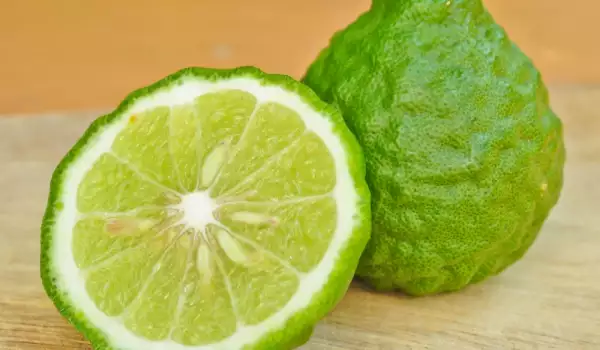
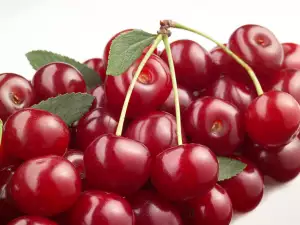
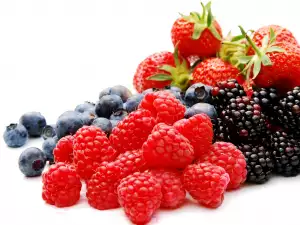






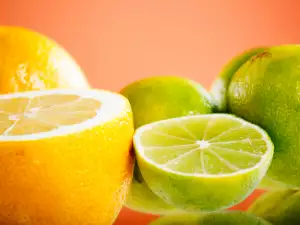
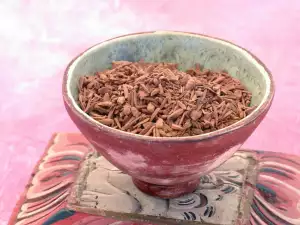
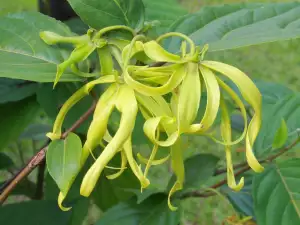
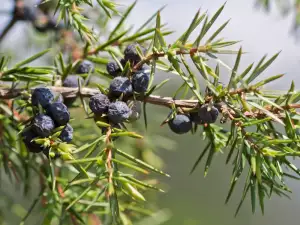
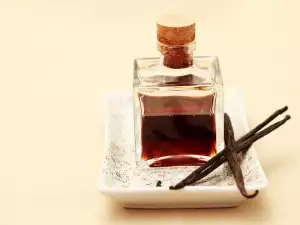

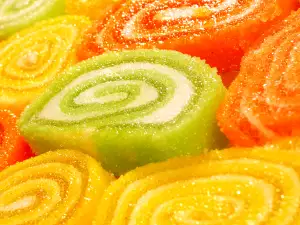

Comments